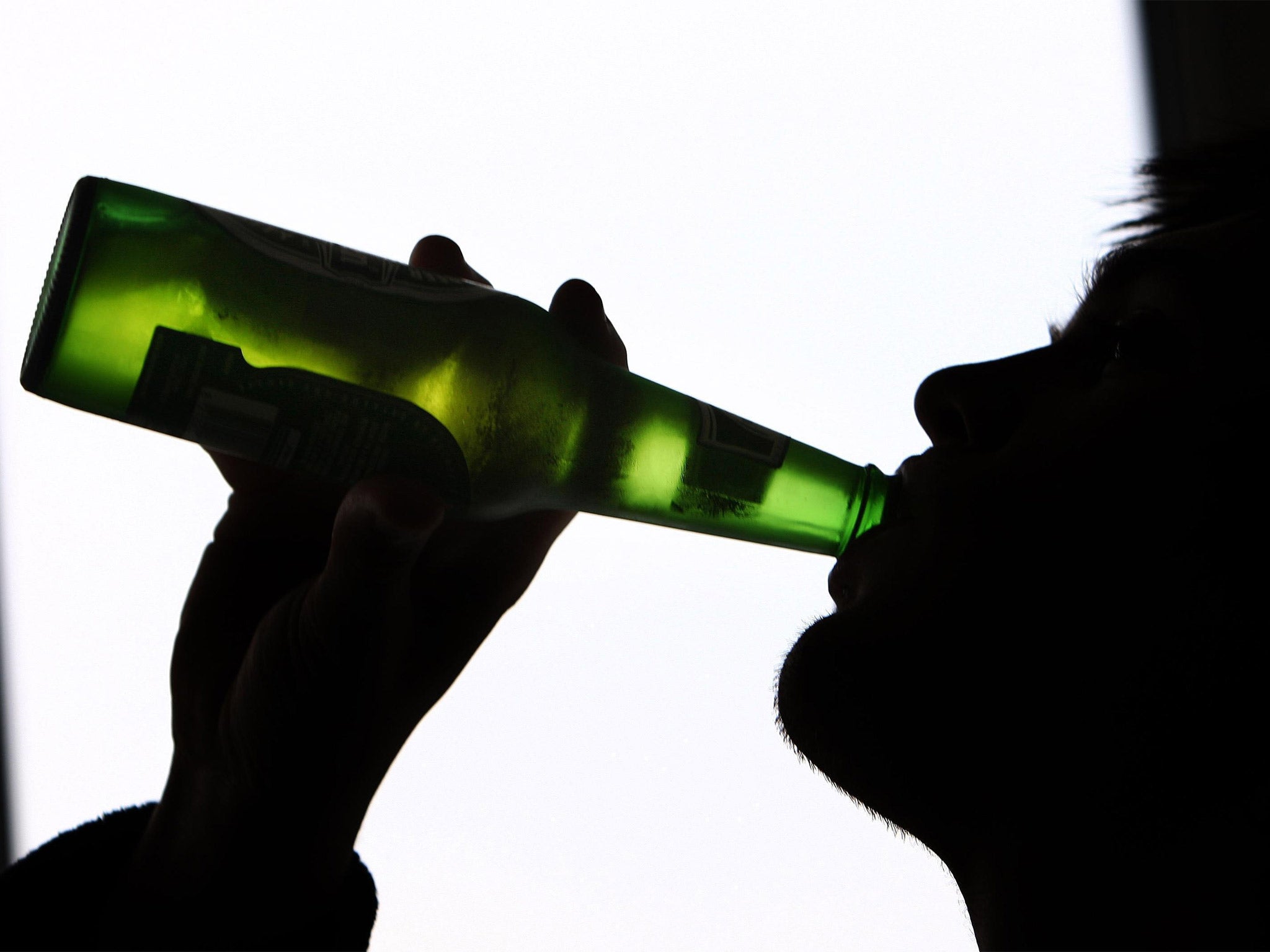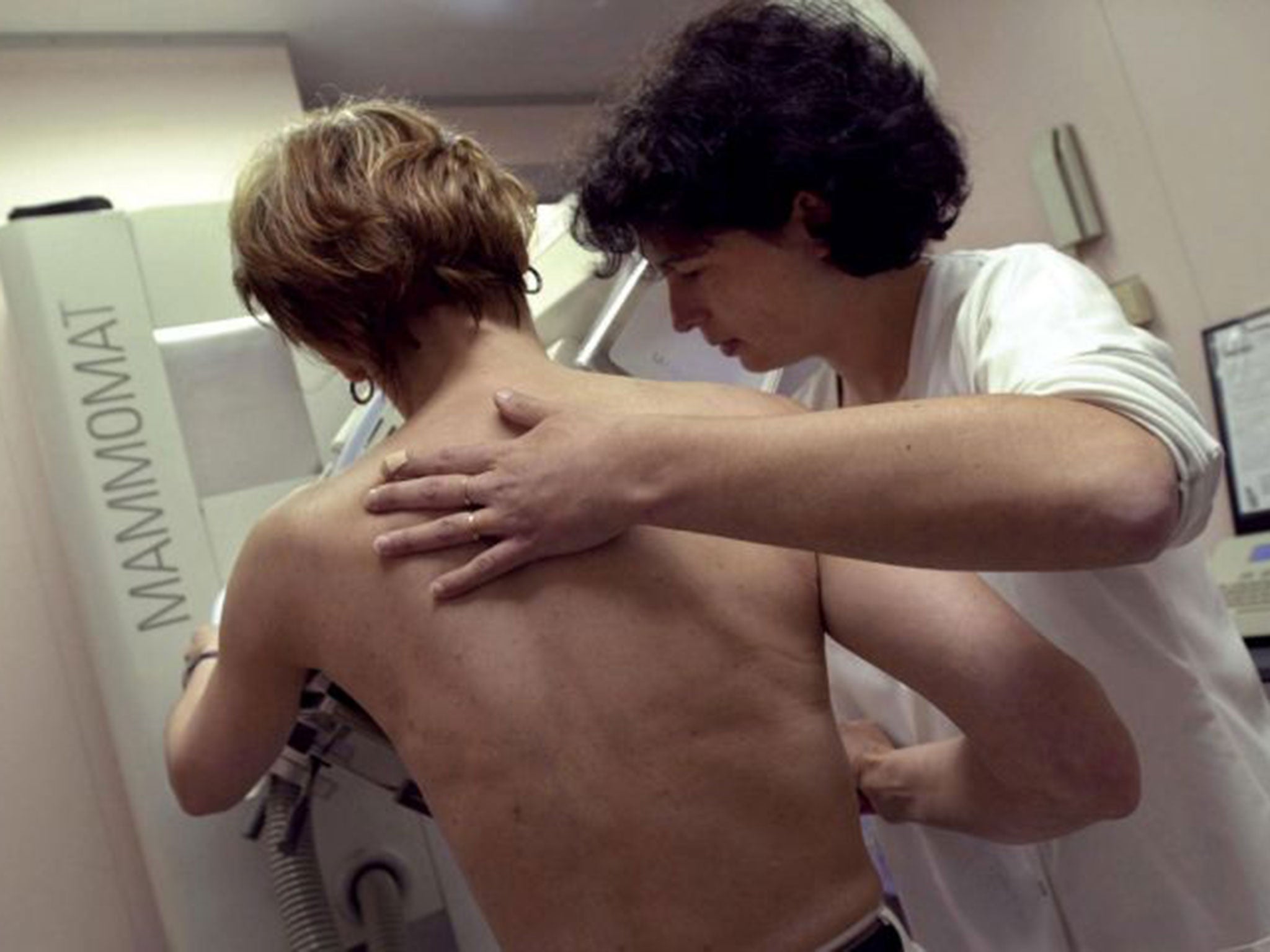Even drinking a tiny bit of alcohol can cause cancer
Freshly-published research shows a link between light drinking and the disease, particularly breast cancer

Your support helps us to tell the story
From reproductive rights to climate change to Big Tech, The Independent is on the ground when the story is developing. Whether it's investigating the financials of Elon Musk's pro-Trump PAC or producing our latest documentary, 'The A Word', which shines a light on the American women fighting for reproductive rights, we know how important it is to parse out the facts from the messaging.
At such a critical moment in US history, we need reporters on the ground. Your donation allows us to keep sending journalists to speak to both sides of the story.
The Independent is trusted by Americans across the entire political spectrum. And unlike many other quality news outlets, we choose not to lock Americans out of our reporting and analysis with paywalls. We believe quality journalism should be available to everyone, paid for by those who can afford it.
Your support makes all the difference.People with a family history of cancer should seriously consider stopping drinking alcohol altogether experts have warned in response to new research which shows a link between light drinking and the disease, particularly breast cancer.
The study published in the British Medical Journal (BMJ) concludes that drinking just a small amounts of alcohol increases the risk of cancer in women and men who smoke.
The findings are based on data taken from two US studies, representing more than 135,000 people tracked over 30 years. Researchers from the Harvard TH Chan School of Public Health, Brighham and Women’s Hospital, and Harvard Medical School, in Boston, Massachusets, analysed the rate at which people succumbed to cancer.
After allowing for other risk factors such as obesity, smoking, and family history of the disease, they found that light to moderate drinking – less than two drinks a day for women, and three to four drinks daily for men - is linked to an increased cancer risk.
Women who drink light to moderately face a 13 percent increased risk of cancer regardless of if they smoke or not. While the risk of alcohol related cancers was also higher among men drinking at low levels, no association was found in men who had never smoked.
The increased risk for women is largely down to breast cancer.
“Breast tissue might be more susceptible to alcohol than other organs. Probable explanations involve increased estrogen and androgen levels,” says the research, which was funded by the US Government.

The study stressed however that the increased risk was minimal.
“Light to moderate drinking is associated with small and non-significant increased risk of overall cancer,” the study concludes.
Nevertheless, in an accompanying editorial published in the BMJ, Dr Jürgen Rehm, of the Centre for Addiction and Mental Health in Toronto, said: “People with a family history of cancer, especially women with a family history of breast cancer, should consider reducing their alcohol intake to below recommended limits, or even abstaining altogether, given the now well established link between moderate drinking and alcohol related cancers.”
His warning was echoed by Professor Sir Ian Gilmore, chair of the Alcohol Health Alliance UK: “This research confirms the results of previous studies showing that there is no such thing as a safe level of drinking when it comes to the risk of cancer.”
Dr Richard Roope, clinical lead for cancer at the Royal College of GPs, added that the study is a reminder of the link between alcohol and cancer.
“We want our patients to live long and healthy lives and lifestyle habits, such as smoking and drinking alcohol, are very real risk factors in developing cancer that can’t be ignored,” he said. “We would urge all patients, particularly those with a family history of cancer, to seriously think about how their lifestyle choices are affecting their long-term health, and encourage them to take steps to address this,” he said.
Join our commenting forum
Join thought-provoking conversations, follow other Independent readers and see their replies
0Comments